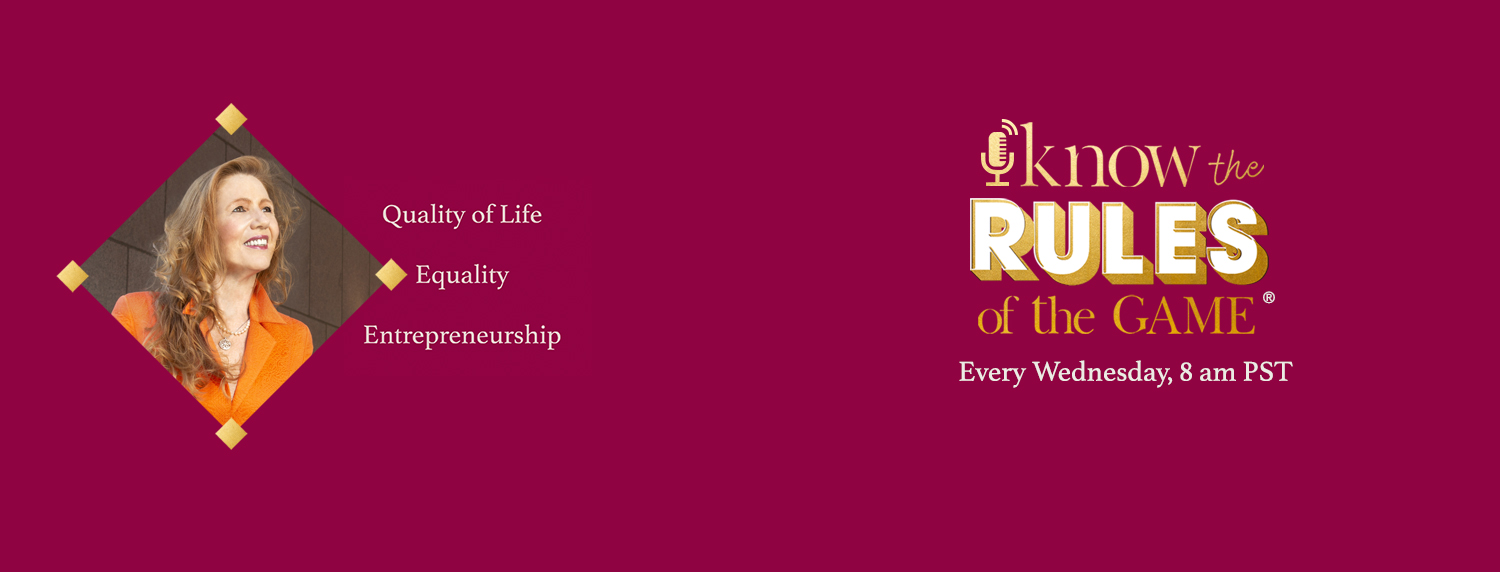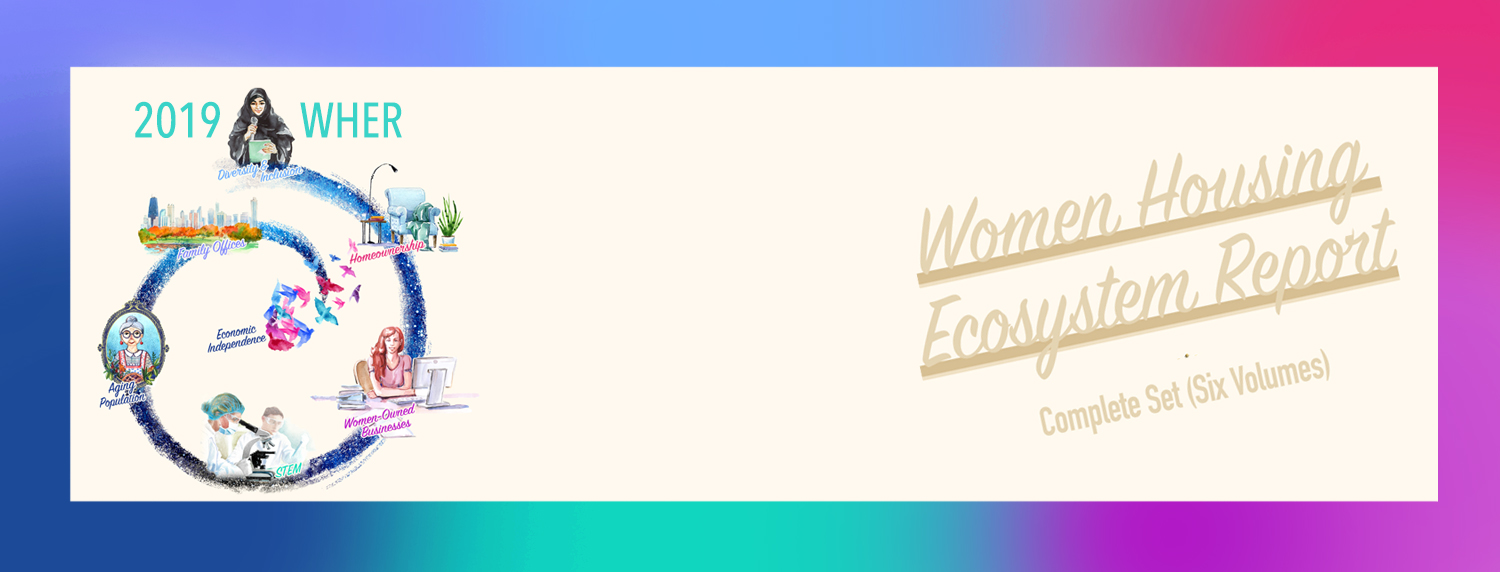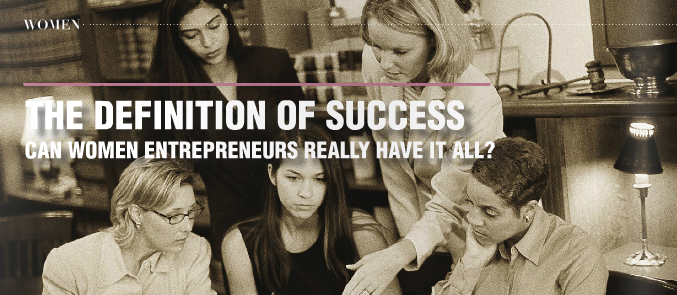Can Women Entrepreneurs really have it all?
The business world has continually evolved as an increasing amount of women have taken corporate America by storm, dominating their male counterparts to rise to positions of power. However, as more women begin to feel restricted by the trappings of a high pressured all consuming position as a corporate employee, women in increasing numbers are seizing the opportunity to start their own business. According to the National Association of Woman Business Owners (NAWBO), as of 2008 there were 10.1 million firms owned by women, and women-owned firms accounted for 40 percent of all privately held firms.
In addition to the increase of women-owned businesses, there has also been an increase in the growth of these businesses which contributes to workforce. A report produced by American Express titled, The 2013 State of Women-Owned Business Report shows the years during the recession from 2007 to 2013, the businesses that have generated a significant increase in employment are large, publicly traded corporations as well as majority-owned companies. In all other privately held firms, employment has dropped.
While women who choose to start their own companies do so for a myriad of reasons, their motivations are distinctly different than those of their male counterparts. Men traditionally cite a desire to increase their income as the primary reason for creating their own business, whereas the majority of women are focused on finding happiness and feeling self fulfilled within their chosen career path. This sentiment is echoed in a recent study produced by the Society for Human Resource Management that found an increase of employees who stated having a work-life balance was essential to their overall job satisfaction.
As women-owned businesses are on the rise, trends are being found within this demographic that emphasizes a woman’s desire to live a complete life. Dr. Erin Albert’s book Single.Women. Entrepreneurs interviewed 30 successful women from corporate America that in turn went on to start their own successful enterprises. The underlying theme to these first-hand accounts is their desire to have more flexibility in their lives as well as create a lifestyle that would allow them to be multi-dimensional and not just focused on their career.

In conjunction to this trend, Albert found during her research that there was no link between women who worked longer hours versus women who brought in more business. In fact she found the reverse to be true. Women who were not predominately focused on their career 80 hours a week were more productive, and tuned-in to their businesses the hours they did work. Albert cites one case study of an entrepreneur that reduced her work load to 32 hours a week and increased her business by 100 percent in the course of a calendar year.
However, while many focus on a work-life balance, it is imperative to define this term as it means different things to different women. Traditionally having a work-life balance meant focusing on work during the day and spending time with your family in the evening. This definition is not inclusive of today’s female entrepreneur who takes this concept and interprets in her own way as it pertains to her lifestyle.
This shift in the meaning of work-life balance creates the need to see past this limiting term and instead focus on what will be fulfilling and satisfying to each woman individually. As women entrepreneurs began their business to define their careers on their own terms, it seems only fitting that they be allowed to do the same for their personal lives. Therefore the question should not be can women have it all, but what priorities are important on a personal level, as having it all is defined differently by each and every woman.
To view the original article please see our magazine titled “Lender/Servicer” Vol 2, Issue 4 by Clicking Here

 Login
Login

















